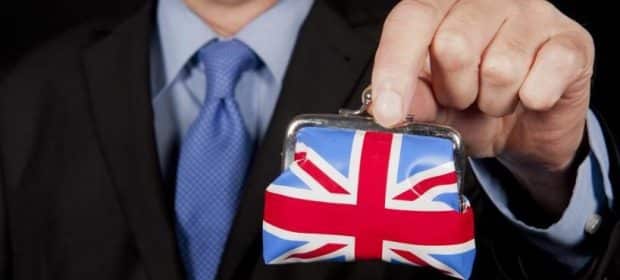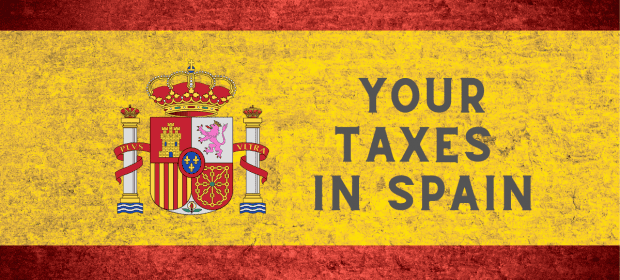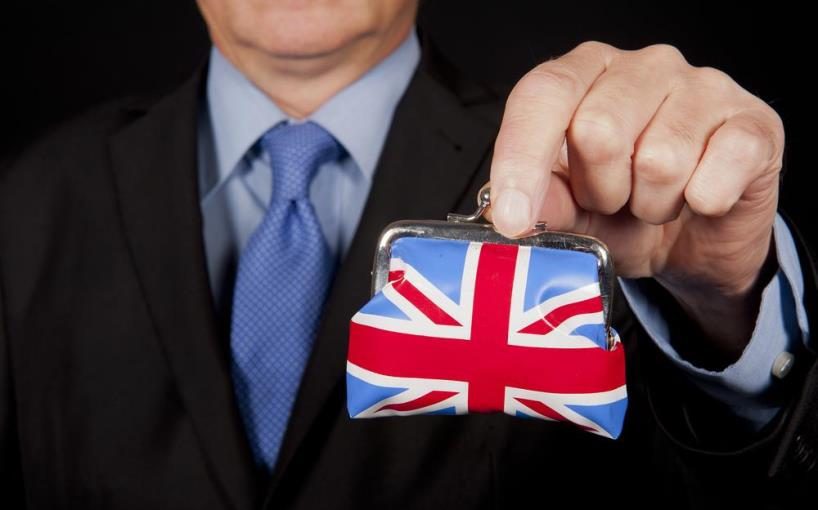Like it or not, Britain formally left the UK on the 31st January 2020. Since then we have been in a transition period which will last until 31st December 2020, during which time the politicians are supposed to negotiate agreements for various aspects concerning how the UK will interact with the EU in the future. Despite the looming deadline, the shape of the future relationship of the EU with the United Kingdom remains uncertain. Whether they manage to agree or not, there are some points that are very likely. You will need to get a French residence permit and possibly convert your UK driving licence.
Do I need to get a ‘titre de séjour’ to live in France in 2021?
Yes, all British citizens living in France need to apply for a residence permit from 2021, but you have until 1st July 2021 to apply for it and 1st October 2021 is when it will become necessary to hold it. Even if you hold an older residence permit stating “citoyen Union européenne”, you will still need to change it for a new version by the 1st October 2021, after which date it will no longer be valid. The new residence permits will be known as ‘titre de séjour mention « Accord de retrait du Royaume-Uni de l’UE »’. If you have been living in France for more than five years, this will be a permanent ten year residence permit. If you have been living in France for less than five years, you will receive a residence permit for one to five years.
Luckily, the process for obtaining these permits is simple, and free, but you must make the application via the dedicated residence permit application website before July 1st 2021. All you need is photographs or scans of your passport, proof of when you moved to France and proof of current address. Here is the list of documents.
British citizens moving to France after 31st December 2020 will be required to obtain a long stay visa, then to file an application for a residence permit at their prefecture in a procedure which is likely to be much more onerous, so if you are thinking of moving to France, it could well be worth doing so before the end of 2020.
Do I need to change my UK driving licence to continue driving in France?
UK driving licences are valid throughout the EU until the end of the transition period on the 31st December 2020, but the rules governing driving licences after this date have yet to be set out. If there is an agreement, there will be special provisions for the conditions of exchange of your UK driving licence for a French licence if you are resident in France.
If there is no agreement, driving licences will be valid for a year from the date of moving to France, but they will not be exchangeable. At the end of this period of validity, British driving licences will no longer entitle their holders to drive in France.
The application for exchanging your licence must be made online on the ANTS website and there are long waiting times. You will need to get a photo taken in an accredited photo booth that sends the photograph directly and gives you a code to enter in the application. Note that if you want to keep any extra categories other than the standard A and B, such as towing permits, you will need to specify this and arrange a medical examination with a listed doctor (about 50 euros).
What else do I need to think about?
There are also a number of financial aspects to Brexit that you could do well to consider before the end of the year. Regarding general banking, some people are already getting notices informing them that their UK accounts will be closed. If you are stuck without an account in the UK, there are international accounts available which may be suitable.
Another important consideration is pensions. As well as the questions about state pensions, there could well be changes in taxation on moving your personal pension out of the UK. Until the end of 2020 you can move your pension out of the UK but within the EU cost effectively, but after this year the 25% tax charge which is applied on moving your pension anywhere else could be applied to moving it into the EU.
Healthcare is another issue. If you are employed in France, you will continue to have the same access to healthcare as French citizens, but retired expats relying on an S1 certificate are still waiting for news of an agreement. Additionally, if you are moving to France after January 2021 you may need private healthcare cover during the application phase of residency.
Not everything is clear yet, but if you are living in France and want to make sure that everything is in order before the end of the year, contact us and we will put you in touch with a local adviser who will arrange a free consultation to discuss anything you are worried about.
If you are thinking about setting up residency in France before the end of the year, it is essential to seek help so you can arrange your affairs tax efficiently in the little time that is left, Contact us and we will put you in touch with an adviser in the area in which you want to establish residence who will arrange a free consultation. All our advisers have made the same move and will be happy to answer any questions.



















